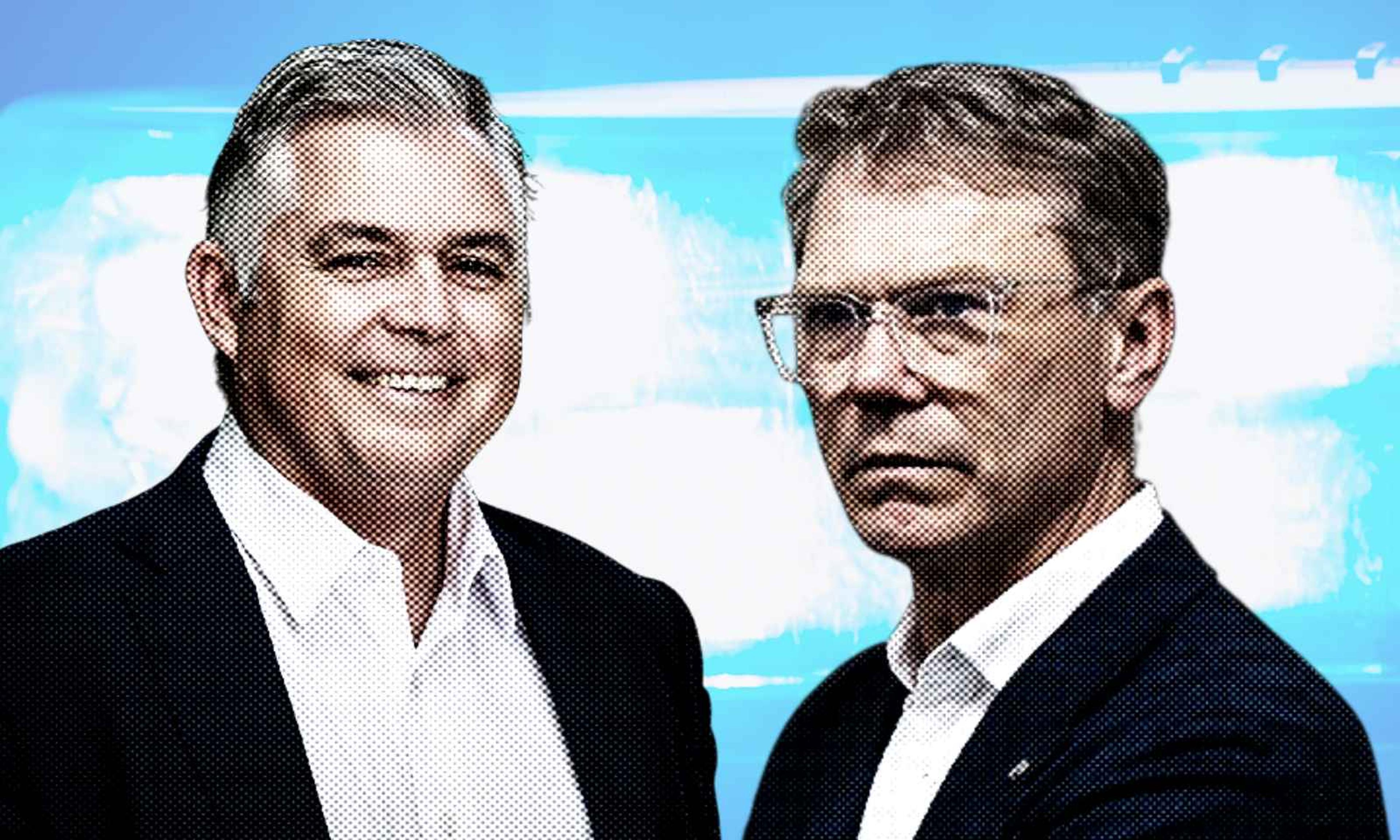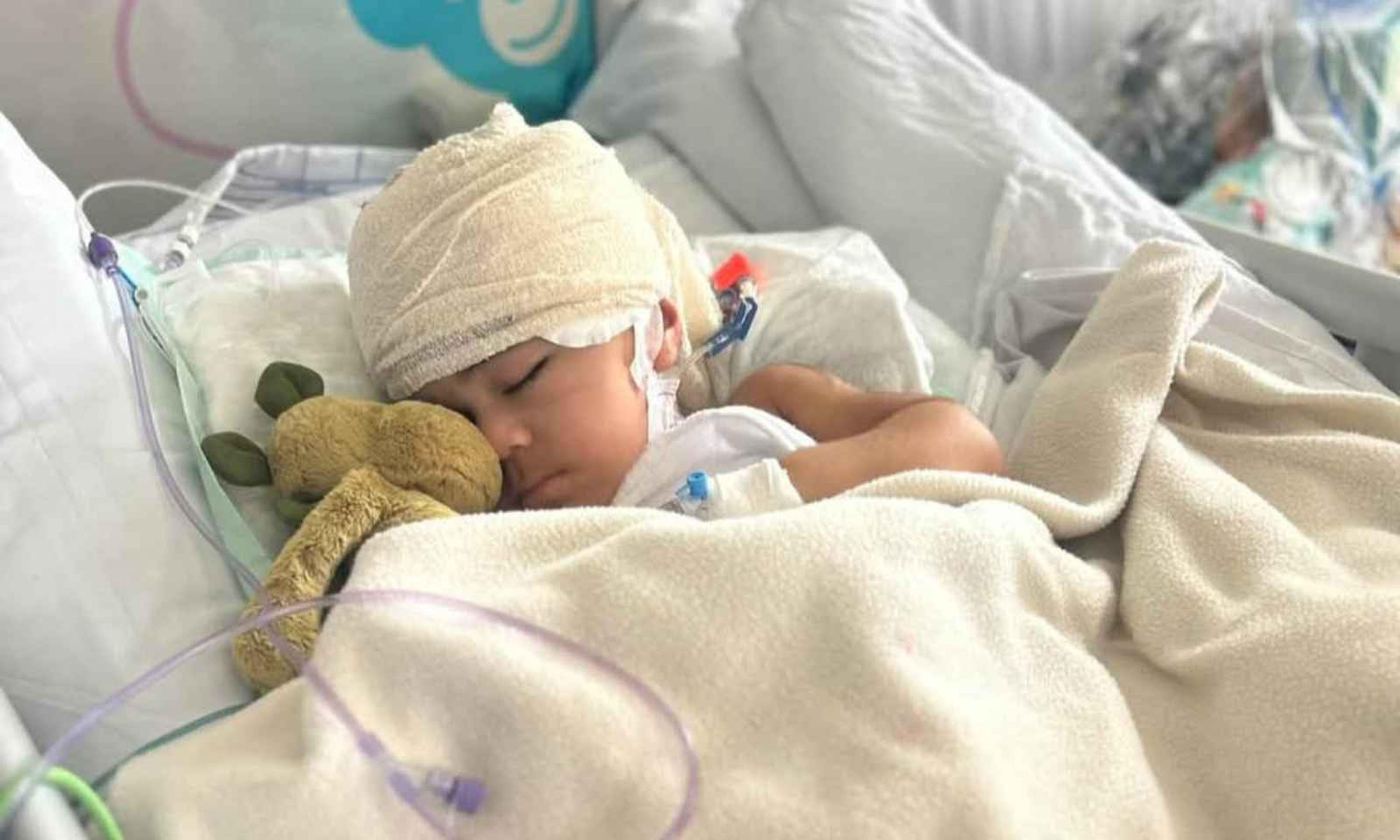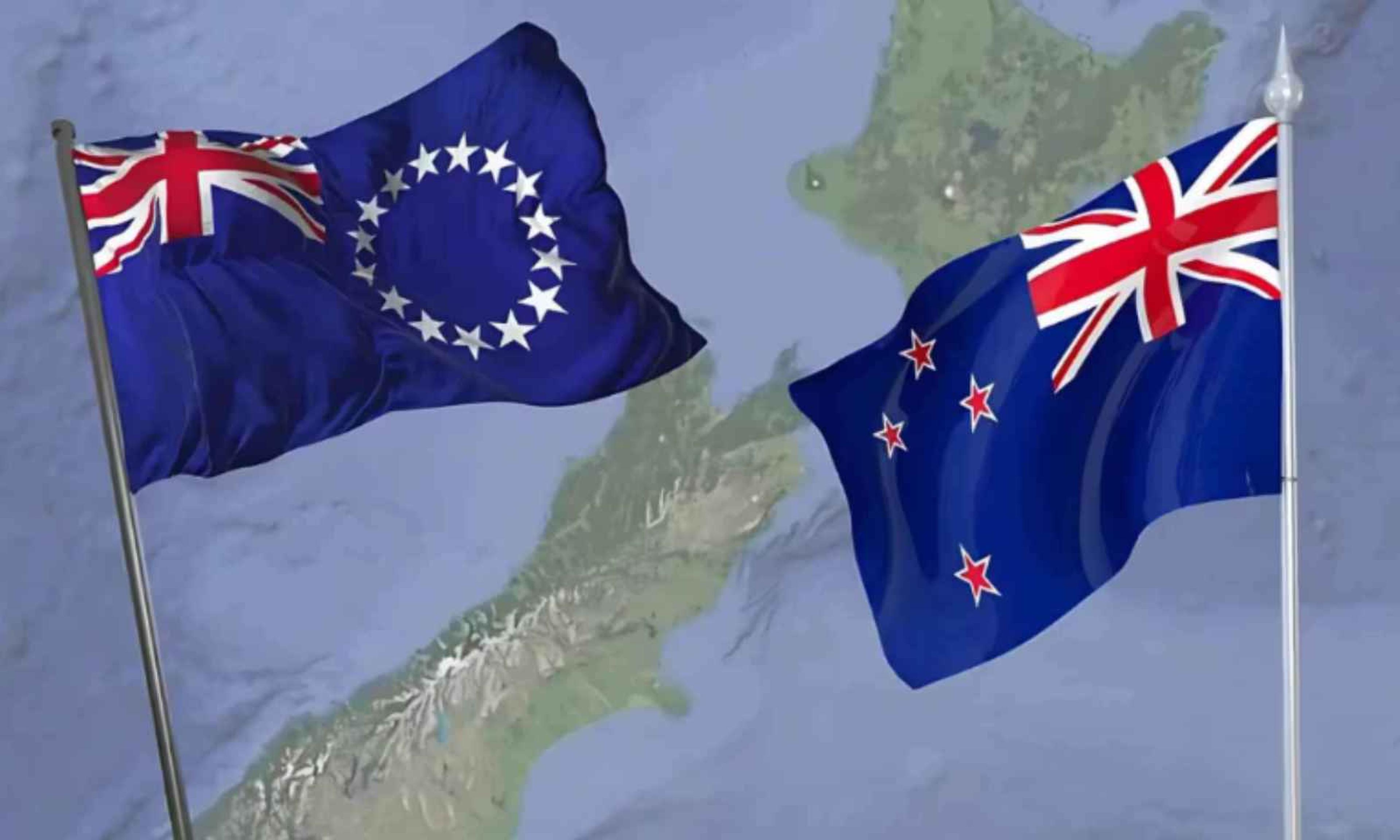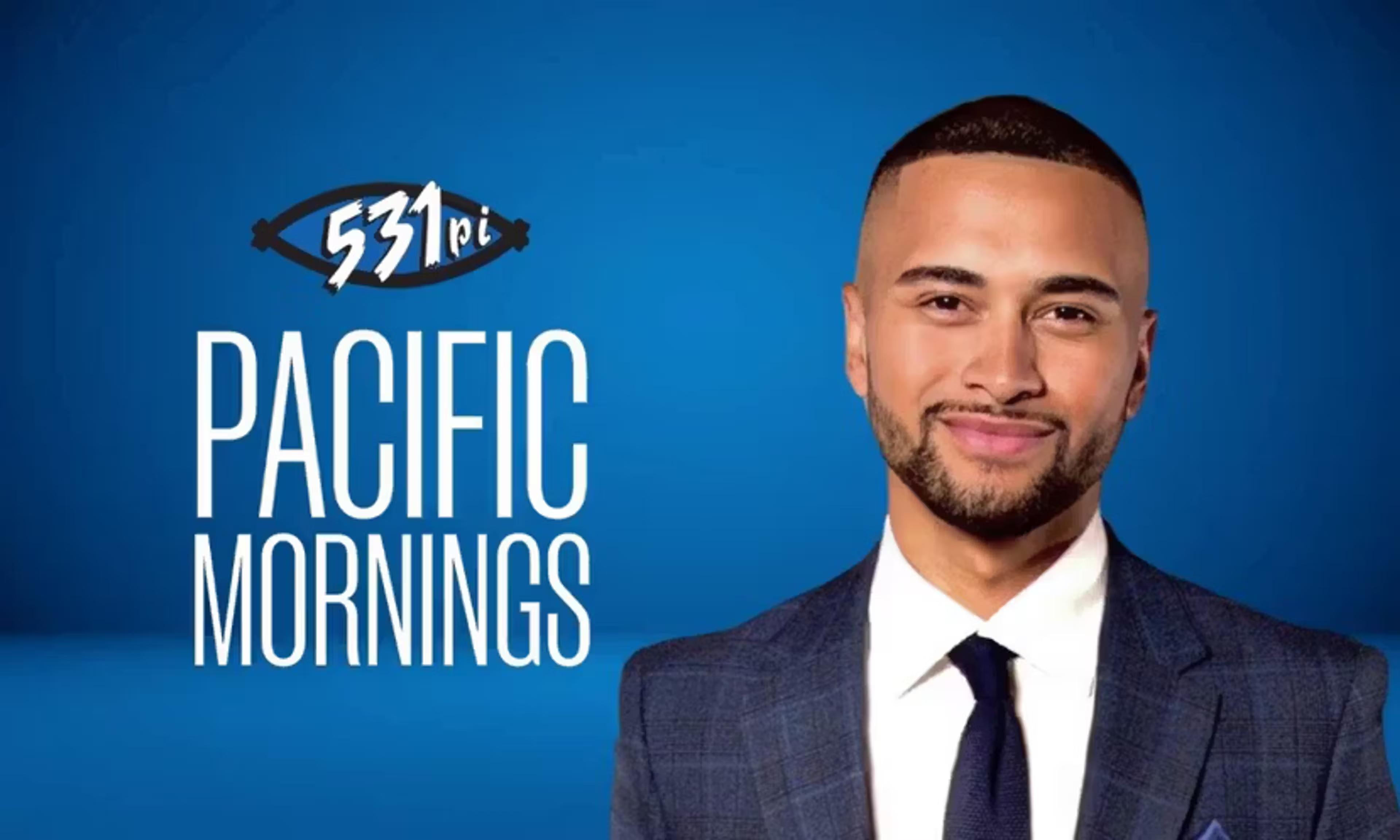

Protect Our Ocean deep-sea mining protest in Avarua Harbour.
Photo /Facebook/Marumaru Atua - Cook Islands Voyaging Society.
'Leave it alone': Cook Islands marine biologist on deep-sea mining the 'marae moana'
Marine biologist Dr Teina Rongo says the rush to rip into the ocean's seabed goes against cultural values and the wellbeing of an already stressed ocean.


Immigration grants visa to injured NZ-born toddler after review

Cook Islands projects still delayed as NZ funding suspension continues over tensions


Fears that new police powers will push Pacific youth further into harm

Immigration grants visa to injured NZ-born toddler after review

Cook Islands projects still delayed as NZ funding suspension continues over tensions

To deep-sea mine the Cook Islands' waters or not? A Marine biologist summed up his answer in three words: "Leave it alone".
Last week around 250 experts attended the 52nd Underwater Minerals Conference at the Cook Islands' National Auditorium to discuss mineral deposits, related regulations, technology and policy.
The most controversial aspect of the meeting included discussing the potential of deep-sea mining, which spurred peaceful protestors into Avarua Harbour's waters that same week on Wednesday, presenting a 75 sq metre sign reading "Protect Our Ocean, #ThinkDeeply".
Speaking to Ernestina Bonsu Maro on PMN Cook Islands, marine biologist and chair of the environmental NGO Kōrero O Te 'Ōrau, Dr Teina Rongo, said the ideal thing to do is leave the ocean alone.
He said the science of the topic is seemingly "out the window" considering the government is already excited by the financial prospects where a 2019 study estimated billions could be added to the nation's economy.
"This environment with our ancestors is tapu (sacred)," Rongo said.
"This ocean space we call the marae moana - it's a marae, it's supposed to be sacred.
"This is not how we're treating this ocean so we should consider changing the name as well."
He also said communities, churches, and schools need to be involved in learning about the impacts of deep-sea mining.
Ocean Ancestor’s paddled out for the Avarua Harbour protest:
Rongo prefaced his response with a cultural aspect because historically development to generate revenue in countries like New Zealand, Hawai'i and New Caledonia had left the indigenous people of those states disadvantaged.
"People move away because the places that are developed - the cost of living goes up - to the point that us, the indigenous people, can't live on our land," he said.
"There are other implications to this because money isn't everything."
Deep-sea mining could provide rare minerals such as cobalt which makes the batteries for electric cars that can help the South Pacific nation's transition away from fossil fuels and reduce carbon emissions.
Rongo said those minerals could be used for weapons too, and that ultimately deep-sea mining can generate revenue and diversify the Cook Islands' economy, which could soften the blow of another economically crippling event like covid.
However, according to the American-based NGO World Resources Institute, deep-sea mining could worsen climate change, as the practice can disrupt the ocean's ecosystem, potentially impacting the ocean's carbon cycle and reducing its ability to mitigate global temperature rise.
Rongo said to consider mining is to "add another layer of stress on an already stressed ocean".
Watch the full interview via PMN Cook Island's FB below:
He also observed a "generational split" on this topic, saying the younger generations push against the practice while older generations push for it.
Rongo said working with the youth he has noticed they seemed more aware of the outcomes of deep-sea mining than older generations, and that as the latter, his generation must understand that deep-sea mining means "borrowing from the future".
"Our young ones are going to be left to deal with the problems to come.
"The older ones are just considering money so I think in the short-term we should consider this moratorium.
"But in the long-term, there needs to be a lot more awareness moving towards stopping it completely.
"We need to take our time on this and eventually I'm hoping we don't go ahead with it. We're not saying 'stop mining' we're saying 'protect our ocean'."